My First Day at Hostel
@Amitabha Datta, 1974 Civil Engineering
After completing the admission process at Shibpur B.E. College, I received a telegram at home notifying me that I had been allocated a bed in Hostel No. 13. I was instructed to report to the Hostel Superintendent on the 16th of July, 1969. This news marked the beginning of a new chapter in my life.
On the morning of the 16th, my parents took me to the college in a taxi from our home on Hari Ghosh Street in North Kolkata. Upon arrival, we located Hostel No. 13, and to our surprise, the seat allocation chart was posted on the notice board outside. According to the chart, I was assigned a bed on the ground floor, in Room No. 103. All rooms were designed to accommodate four students.
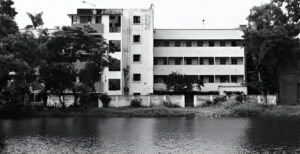
As we entered Room 103, I found that two of my roommates had already arrived. They were settled in and seemed to have reached the hostel earlier in the day. Despite feeling nervous and a little out of place, I unloaded my belongings from the taxi—my bedding and the iconic black steel trunk—and placed them on one of the empty beds. The room itself was simple but functional. There were four steel-framed beds, each equipped with stands for hanging mosquito nets. Next to each bed was a small steel Almirah for personal belongings, such as books and clothes. The entire setup was new and unfamiliar to me, and I couldn’t help but feel a mix of excitement and anxiety. It was the first time I had ever left home to stay in a hostel, especially for the next five years, as our engineering degree course would last that long.
As I stood there, still shaken by the change, my parents started chatting with the two boys in the room, Rathin Chatterjee and Sudip Mukherjee. Slowly, I joined in the conversation and learned a bit about them. Rathin was from Bankura, while Sudip hailed from Nadia. To my surprise, as we talked, I discovered that my mother knew Rathin’s mother. Their maternal uncles had lived next to our house in the Hatibagan area of North Kolkata. This small connection helped ease my nervousness a little.
Hours passed, and as the day wore on, it was time for my parents to leave. The thought of being on my own for the first time was terrifying. I was just 16 years old and felt a profound sense of homesickness as they left. Left behind in this new environment, I tried to calm myself by talking with Rathin and Sudip. We discussed our families, our school days, and the subjects we had chosen for our courses. I was enrolled in Civil Engineering, Sudip was also in Civil, and Rathin got admission in Mining Engineering.
While we were talking, the fourth bed in our room remained unoccupied. That is, until Deepak Dutt arrived, accompanied by his parents. By then, the three of us had become somewhat acquainted with each other, so we took on the role of welcoming him into the fold. The space in our room began to feel a little more familiar, even though everything was still so new.
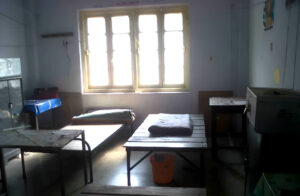
As the day went on, we began to settle into our spaces. We unrolled our beddings, unpacked our belongings from the steel trunks, and stored them in the almirahs. The hostel superintendent, Professor A.K. Chowdhury (of Applied Mechanics department), and our caretaker, Gurupada, then arrived to give us an official welcome. They briefed us on the hostel rules and reminded us about the importance of attending the dining hall by 8:00 PM for dinner. There was also a word of caution: we were warned to be careful of seniors from other hostels who might pick on freshers for ragging.
Let me take a moment to describe the hostel layout: each of the four-story buildings had about 14 rooms per floor, though the ground floor had only seven rooms, as part of the area was designated as the Common Room. The Common Room was equipped with a table tennis board, a valve-operated radio, a carom board, and some benches for the boys to sit and relax.
As the evening approached, I began to meet some other boys from different rooms. We continued to get to know each other, and soon it was time to head to the Dining Hall. The dining hall, located on the ground floor, was large and spacious. Long wooden tables and benches filled the room, and plates were stacked at one end, made of stainless steel. There were large serving bowls filled with rice, lentils (dal), and vegetable curry, and boys were instructed to serve themselves. Handmade chapatis, along with rice and dal, were also available in larger serving containers. The atmosphere in the dining hall was a bit chaotic but exciting, as this was the first time we were dining in such a large group of strangers, all from different places, with different backgrounds.
After dinner, we returned to our room. We locked the door and settled in for the night, still with the lingering fear of ragging by the seniors. We lay in our beds, chatting quietly and adjusting our mosquito nets to keep the insects at bay. The college campus being just next to the Ganges River, which meant that mosquitoes were a constant presence. We didn’t get much sleep that night, as everything felt so strange and unfamiliar.
The next morning, we were all awake early, as our classes were set to begin at 7:00 AM. We quickly grabbed breakfast, which was served by the barrack servants on each floor. The scene outside the hostel was lively, with boys heading to class in groups, almost like a procession. I noticed that we all carried our drawing boards and T’s for the drawing classes, a standard part of our engineering curriculum.
That first day at the hostel was a whirlwind of new experiences. From meeting my roommates to adjusting to the hostel environment, it was a day filled with anticipation, anxiety, and excitement. It marked the beginning of a new chapter in my life—one that would shape me in ways I couldn’t yet imagine.
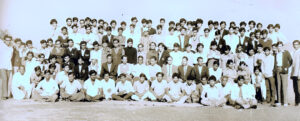
Photo: Our batch, the Civil survey group camp at Kalyaneswari.
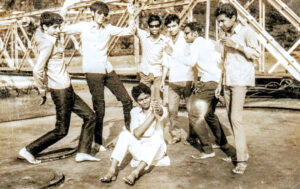 ********
********
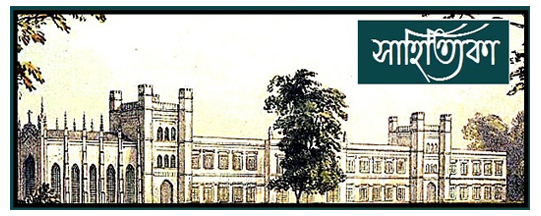
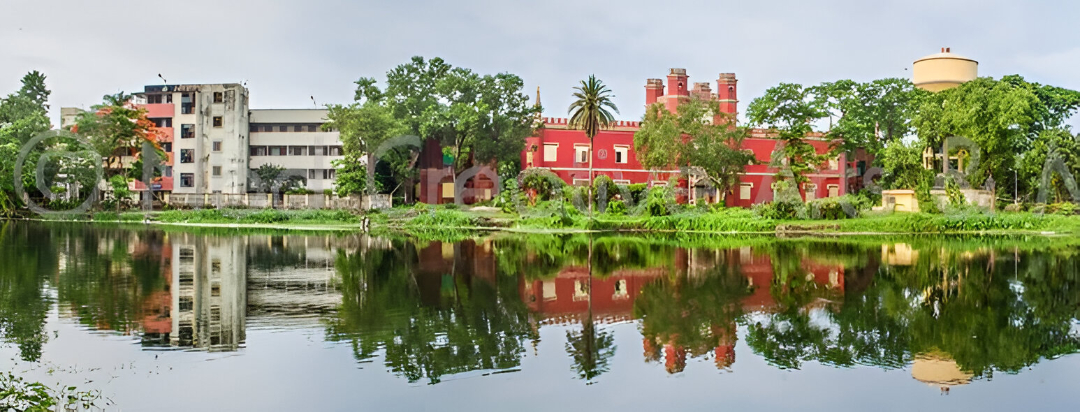
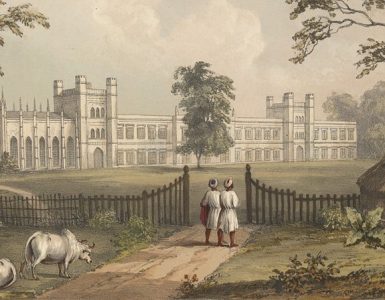
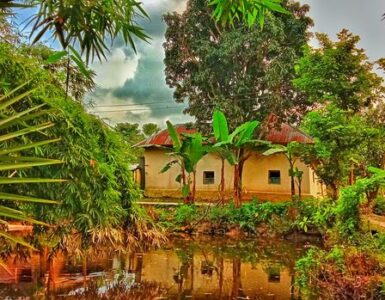
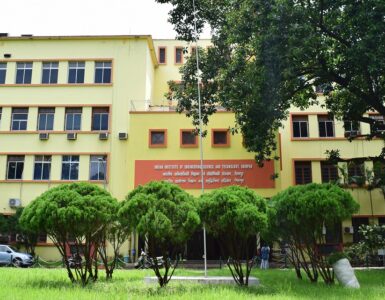











Add comment